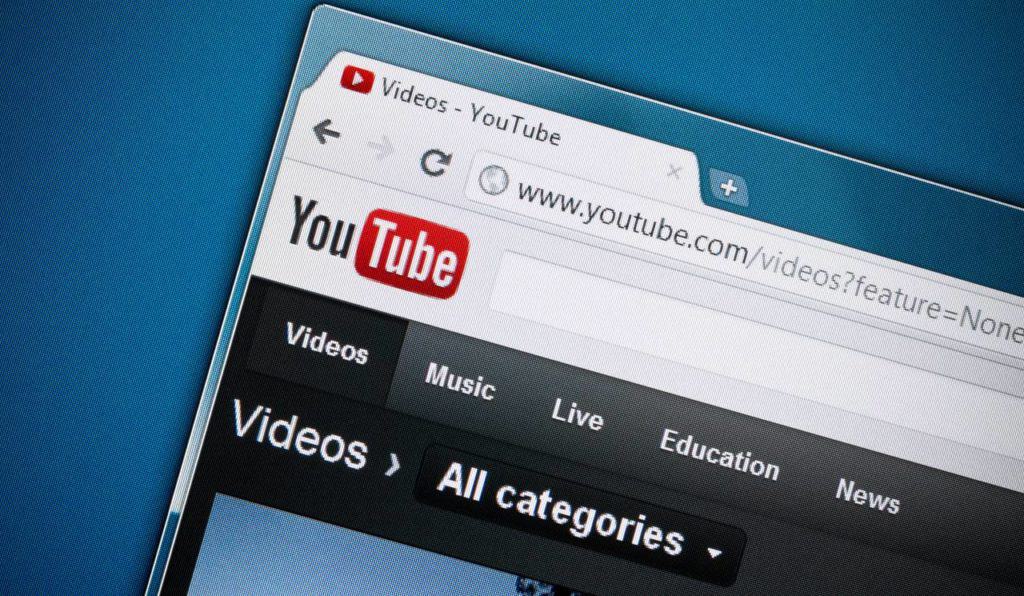YouTube updated its Advertiser Friendly Guidelines last month surrounding offensive content that has now led to demonetization for creators in the gaming department.
These changes that help the platform identify and approve content that is appropriate for monetization were to be implemented before the end of December 2022.

How are the new YouTube policies demonetizing gaming content?
Although the new guidelines were formulated with the creators’ benefit and well-being in view, they disapprove of violence portrayed in video games resulting in an overall demonetization of the gaming realm. Creators in gaming have consequently taken the worst hit.
The content moderation policies claim to provide creators more insight into the process behind examining videos for demonetization of offensive content and inappropriate language.
YouTube released a particular list for gaming content creators, which has seemingly burned holes in their businesses. Only if creators agree to adhere to these policies a few of them can save their revenues from sinking.
Furthermore, many games will not be monetized due to the presence of graphic content such as excessive violence, injuries, or dead bodies. For instance, the news is circulating about the videos featuring footage from The Callisto Protocol.
Creators have reported that the game comprises of content deemed questionable by YouTube, resulting in its demonetization. As a result, creators are beginning to avoid playing games that do not play by the new policies.
YouTube will refrain from paying them for their content and time if they’re not careful. Over time, many gaming companies have used YouTube and its creators as a profitable marketing medium.
However, developers will now choose to reduce violent content for new releases, and this, in turn, would have a grave impact on titles known for intense graphics, such as Fallout 3 and God of War.
Additionally, the policy change will affect creators’ back catalogs, substantially decreasing the passive income that feeds certain creators.
What are these new Advertiser Friendly Guidelines?
The new content moderation policies mainly aim to regulate illegal and offensive content. In particular, YouTube has implemented the following updates!
Adult content – Any video thumbnails featuring profane language, adult links, and related content will not be deemed fit for advertising.
Violence – Content fixating on death or gore without context will not earn revenue. It will only be accepted within the context of news, education, art, or a documentary. Game violence involving real people and acts performed to instill shock or disgust within violent acts will be demonetized.
Harmful or dangerous acts – Any dangerous act or stunt involving minors will be exempted from receiving ad revenue. The policy was imposed in response to the increase in child deaths due to participation in unsupervised online challenges.
Inappropriate language – Content that uses profanity within the first eight seconds of the video will not be monetized. YouTube has established that all variations of profanity will be treated equally, although words like ‘hell’ and ‘damn’ are not clubbed under profanity anymore.
Drug-related content – On top of existing rules that are against the promotion and discussion of illegal drugs, the display or mention of drugs in gaming content will not be eligible for ads.
Enabling dishonest behavior – The increase in prank videos where people pretend to be store employees has led to the imposition of this policy. YouTube will not allow the impersonation of a retail store employee without the property owner’s permission.
This category also discourages cheating in games through access to hacking software in competitive e-sports.
As observed, YouTube’s guidelines intend to make the platform a safe space for creators and consumers, but it has become a topic of unrest among many creators. Now, it remains to be seen how these guidelines affect creators and the platform in the long run.
Although it creates a non-threatening environment for users, does it justify the loss incurred by so many creators? Only time will tell.